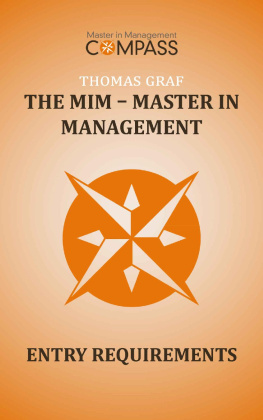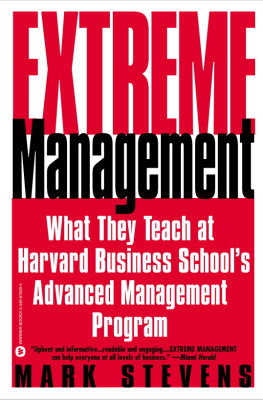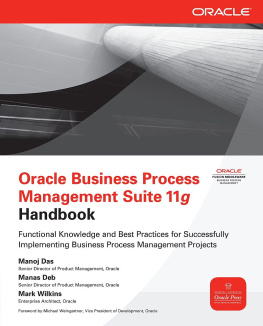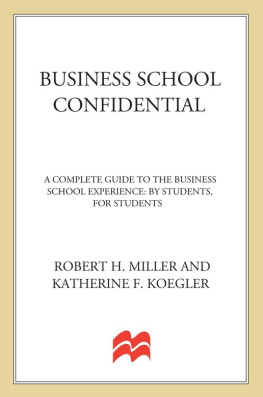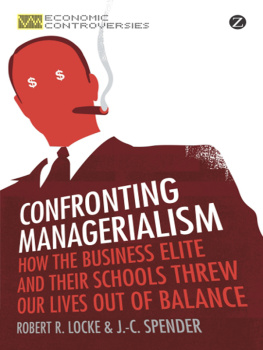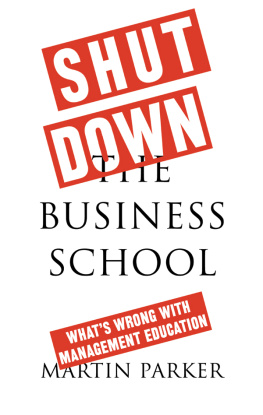
The MIM
Master in Management:
Entry requirements
Thomas Graf
Description
How do you gain admission to a Master in Management (MIM) program? This eBook summarizes a survey of 54 international business schools on how they select their MIM students. How important are internships or extracurricular activities? How can someone offset a weaker grade obtained in undergraduate studies? How are applications and interviews weighted? How should students prepare for an interview? What is the minimum GMAT or GRE score expected? This eBook is a must-read for students who want to prepare properly for an application and avoid unpleasant surprises. The first part summarizes a survey conducted among 54 business schools from 21 countries. The second part publishes each schools individual answers. Readers, hence, get both a general overview of admissions criteria for Masters in Management as well as the individual school profiles.
TABLE OF CONTENTS
INTRODUCTION
Masters in Management (MIM) are a rising trend. These pre-experience programs allow graduates with no or only little work experience to obtain general management knowledge before they kick-off their career. Business schools are seeing a growing demand for MIM programs worldwide and broadening their educational portfolios accordingly (source: Global MIM Survey ).
One of the key questions from students, however, is: How do I get in? This eBook summarizes a survey on MIM admissions criteria, conducted from December 2014 to January 2015 among 54 business schools from 21 countries.
The first part provides an overview of the survey results across all schools. This gives the reader an impression of what the majority or the average of schools expects from their MIM candidates.
The second part publishes the answers provided by each school via our online questionnaire. This gives the reader insights into an individual school admissions profile to better understand what a specific school expects.
With the results of this survey, future MIM students should be better able to prepare properly for their admissions process and assess their chances of getting accepted in advance.

Thomas Graf
Founder of the MIM Compass, MBA Compass, and DBA Compass
August 2015
PARTICIPATING SCHOOLS
54 business schools from 21 countries participated in the MIM Admissions Survey, conducted from December 2014 to January 2015. In the following overview, we listed schools more than once if they have campuses in several countries.
Australia
MGSM Macquarie Graduate School of Management
S P Jain School of Global Management
Austria
Alpen-Adria Universitt Klagenfurt
Johannes Kepler University
Belgium
Antwerp Management School
Canada
University of Lethbridge
University of Manitoba, Asper School of Business
University of Windsor
Czech Republic
University of Economics, Prague
France
Aix-Marseille Graduate School of Management IAE
Audencia Nantes School of Management
CNAM Institute of Management
EDHEC Business School
ESCP Europe Business School
ESSEC Business School
HEC PARIS School of Management
IAE Bordeaux University School of Management
ICN Business School Nancy-Metz
Germany
Cologne Business School
ESCP Europe Business School
ESMT
Frankfurt School of Finance & Management
HFU Business School University Furtwangen
Kuehne Logistics University
Munich Business School
Philipps- Universitt Marburg
University of Cologne, Faculty of Management, Economics and Social Sciences
University of Erlangen-Nuremberg
WHU Otto Beisheim School of Management
India
S P Jain School of Global Management
Ireland
Trinity College Dublin, Ireland
Italy
Bocconi University
ESCP Europe Business School
MIP Politecnico di Milano
Universit di Bologna
University of Trento, Italy
Poland
Warsaw School of Economics
Portugal
Catolica Lisbon School of Business and Economics
Russia
SPbU, Graduate School of Management
Singapore
S P Jain School of Global Management
Spain
Deusto Business School - University of Deusto
EADA Business School Barcelona
ESADE
ESCP Europe Business School
IE Business School
Sweden
Stockholm School of Economics
Switzerland
HEC Lausanne
Universit della Svizzera italiana
The Netherlands
Fontys University of Applied Sciences
Nyenrode Business Universiteit
UAE
S P Jain School of Global Management
United Kingdom
Brunel University
Cranfield School of Management
Durham University Business School
ESCP Europe Business School
London Business School
London School of Economics and Political Science, Department of Management
Manchester Business School, University of Manchester
Nottingham Business School, Nottingham Trent University
University of Bradford
USA
Saunders College of Business at RIT
METHODOLOGY
As a first step, we contacted all business schools worldwide that offer pre-experience Masters in Management (MIM). A program qualified for this survey if it fulfilled four criteria:
1. It needed to be a postgraduate academic program.
2. It needed to teach general management.
3. It needed to be open to recent graduates.
4. It needed to use English as teaching language.
Overall, we contacted 280 business schools, identified through the platform www.mim-compass.com . We received responses from 54 institutions that reported data on 54 MIM programs. These schools have campuses in 21 countries, spread over Europe, North America, Africa and Asia-Pacific. This survey, hence, received a response rate 19.6 percent.
Each school received information on the survey, the name of the specific program we wanted information about, and a link to our online questionnaire. The questionnaire included the following main questions:
1. How important are the following criteria when someone applies for your Master?
- Academic excellence (grades obtained in the undergraduate studies)
- Reputation of the applicants prior university
- Analytical test scores (e.g., GMAT or GRE)
- Practical experience (e.g., internships or entrepreneurial experience)
- Extracurricular activities (e.g., cultural, social or political commitment)
- Essays (submitted with the application)
2. Imagine that a Master applicant has a slightly lower grade in his/her previous studies than you expect. How can he/she offset this?
- The applicant cannot offset this as we have strict academic expectations.
- With an above average GMAT or GRE score
- With practical experience (e.g., internships or entrepreneurial experience)
- Extracurricular activities (e.g., cultural, social or political commitment)
- Other (include comments)
3. How do you weight the application and the interview for your final decision? Distribute 100% between these two:
- Application (0100%)
- Interview (0100% 0%) means that no interview is conducted
4. Do you require the GMAT or GRE for your Master?
- We require the GMAT only.
- We require either the GMAT or the GRE.
- We require the GMAT or GRE but accept our own on-campus test as alternative.
- We require neither the GMAT nor the GRE.
Next page
